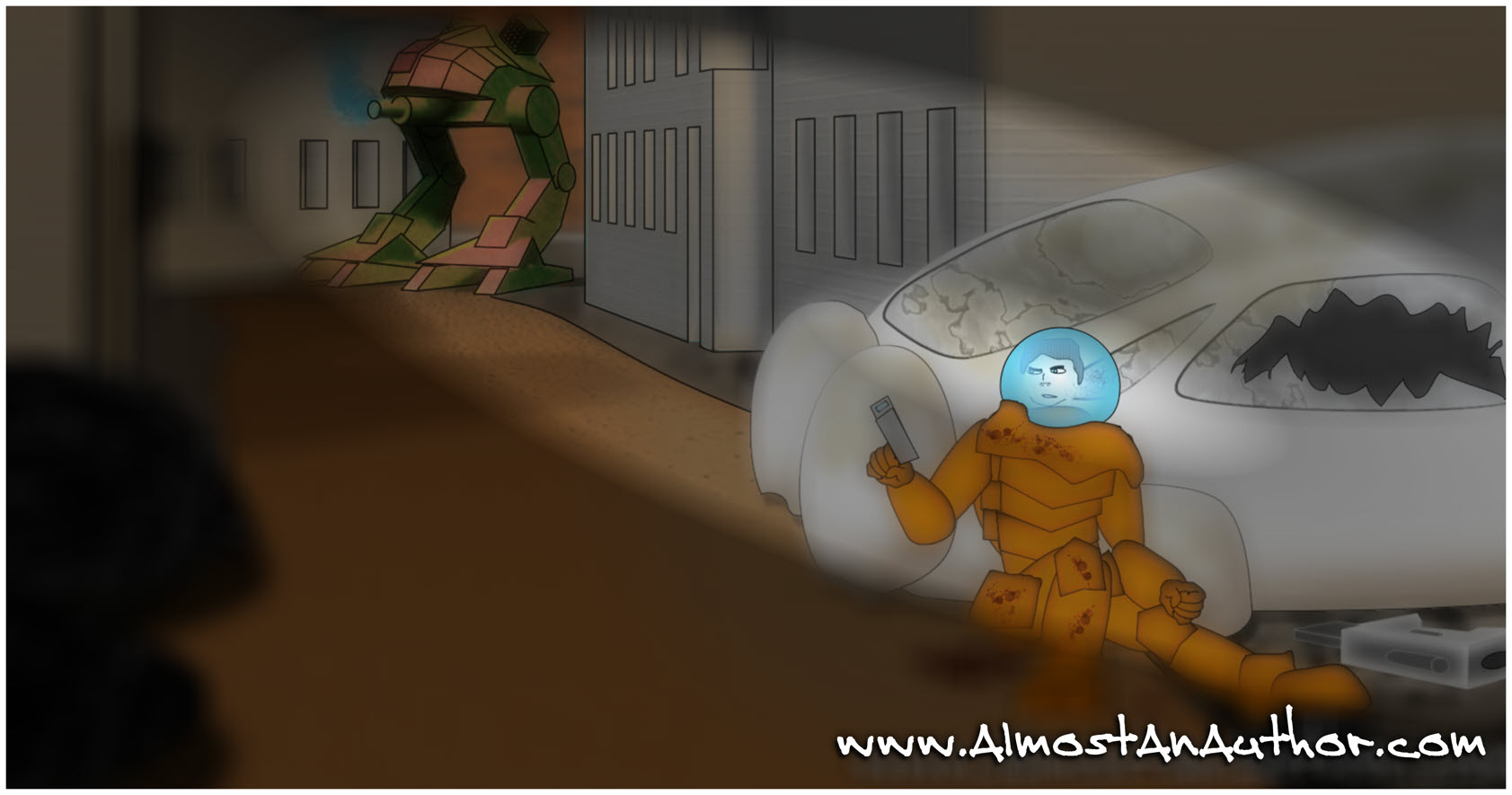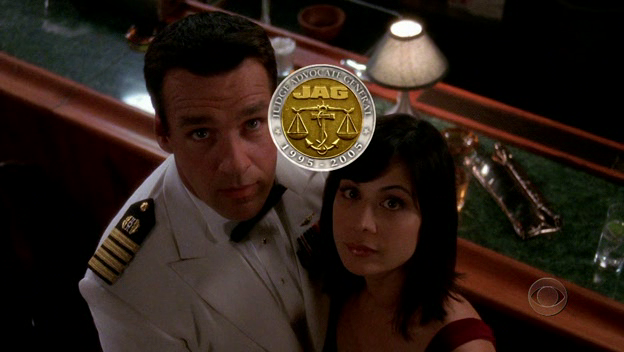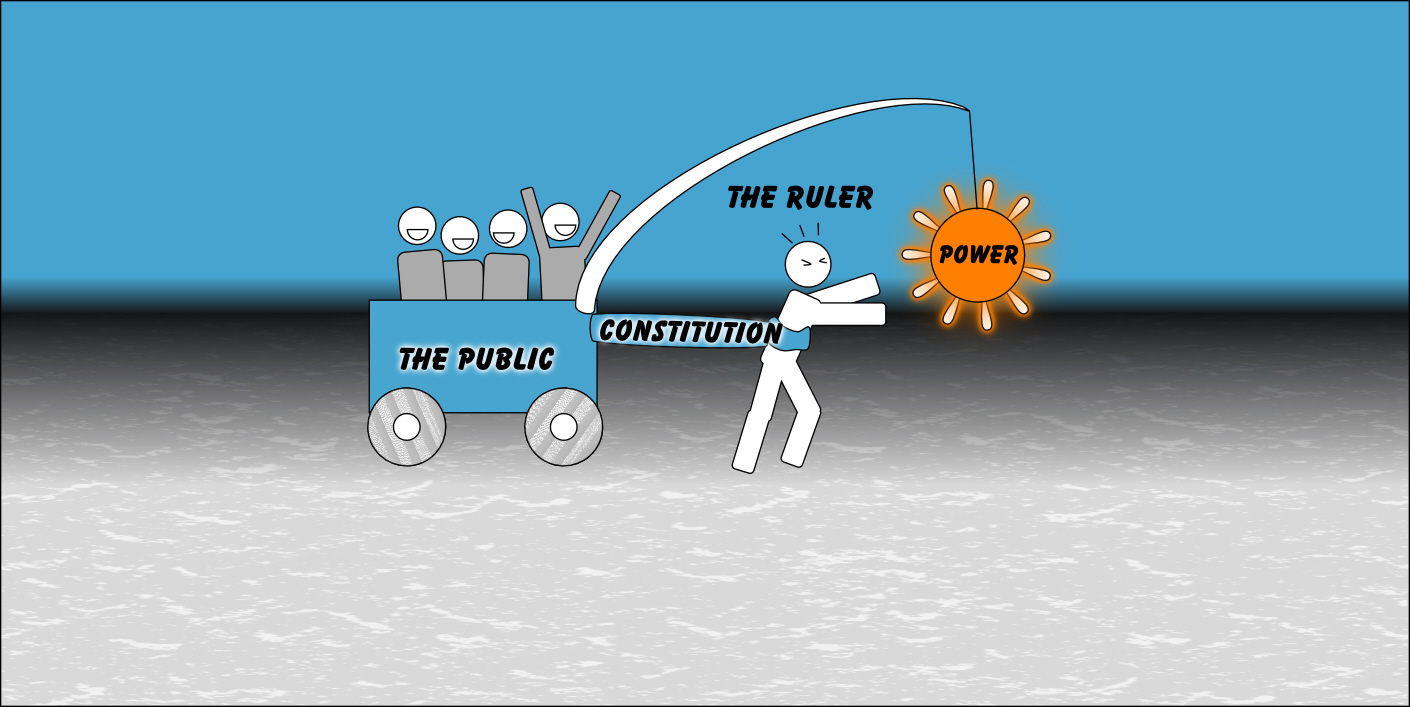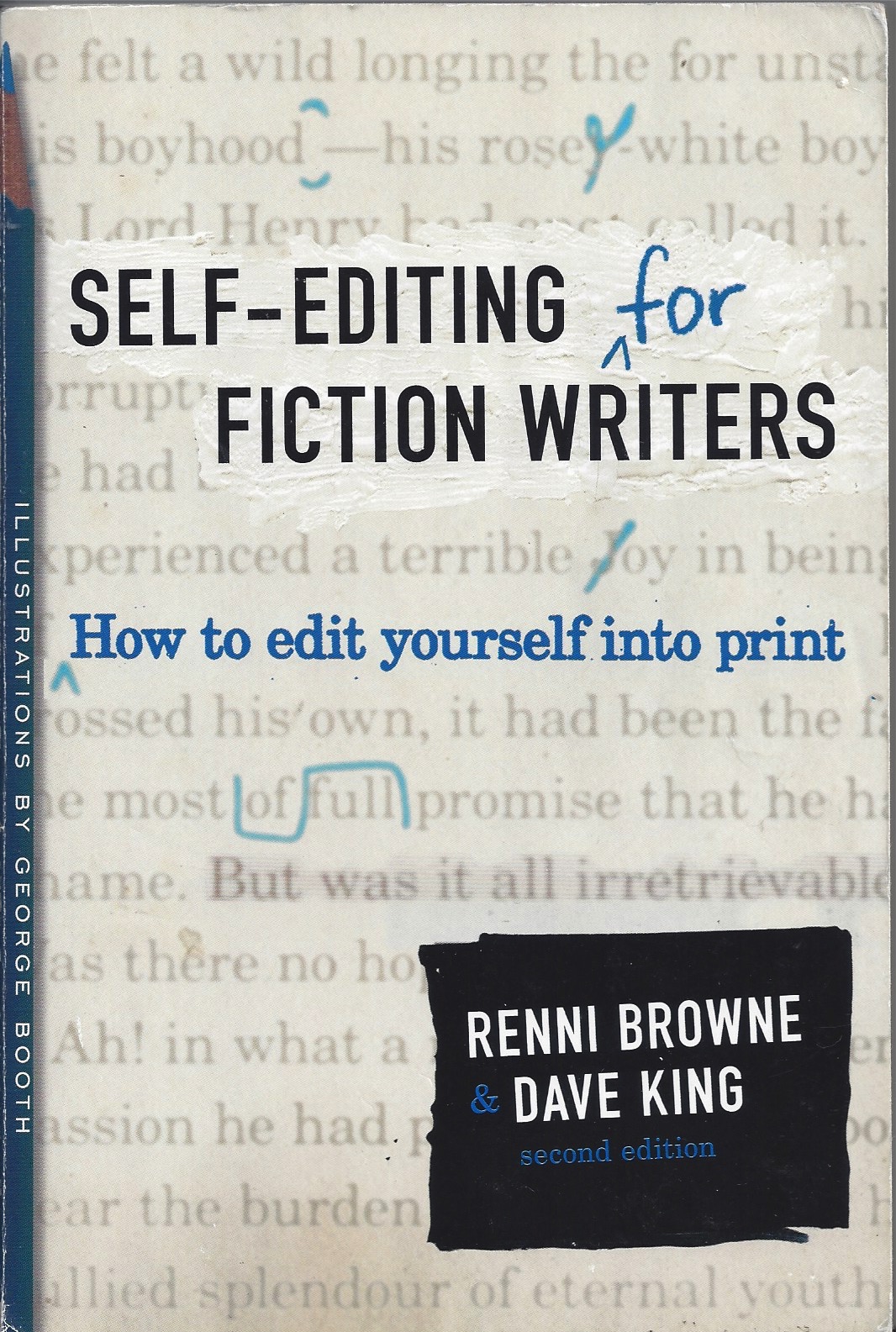
Behind the Doors of the Grocery Store: The Early American Era
For writers, opportunities wait behind the doors of the grocery store! A plethora of plots. Character reveals. Centuries of…
August 20, 2024
For writers, opportunities wait behind the doors of the grocery store! A plethora of plots. Character reveals. Centuries of…
August 20, 2024
“I’m going on a trip and I’m going to take an alarm clock,” Susie said. “I’m going on a…
May 3, 2023
These days, anyone who wants to write short stories of an unconventional bent has their pick of quirky venues…
August 13, 2020
Sometimes poets are asked, “Where do you find things to write about?” Everything is a possible subject, although there…
February 13, 2019
Where do you get your inspiration? For me, it can something as simple as a “what if” question to…
July 16, 2017
I am a binge writer. I always have been, and I probably always will be. What is a binge writer you…
July 3, 2017
Jim held a gray spheroid up to the light. “So Doc, you’re saying the sex of this alien was…
February 13, 2017
The autopsy window allowed Jim a clear view of the good doctor’s grim work. The gray-skinned corpse had been…
January 16, 2017
The carbine was still jammed and Jim couldn’t do anything to fix it. He finally tossed it aside and…
November 9, 2016
The murmur of countless alien tongues subsided as the chairman of the interstellar council called for order. The delegates…
October 11, 2016
We discussed the first three suggestion to overcoming writing obstacles in an earlier blog. Run, walk, exercise – stir…
August 17, 2016
Save money. Learn theology. Become a better writer. Minister more effective. That’s my hope for you. In this…
August 9, 2016
One of the occupational hazards of the writing-editing life is back and/or neck pain as a result of poor…
February 27, 2016
How do you know your story is worth telling? How do you evaluate whether or not your idea is…
September 9, 2015
The people in your world need governance. I’m sorry. I wish I could make it untrue, but a believable…
September 5, 2015
Thanks to my past teen self, I will never run out of book ideas. I spent those years writing pages…
August 25, 2015
One of the most beautiful passages in Scripture that expresses God’s providence, as well as, being one of the…
August 7, 2015
I used to write for VeggieTales, and if you’re familiar with the antics of Bob the Tomato and Larry…
August 6, 2015
Devotions: Seeds to Grow Faith I still have a copy of the first sermon I ever preached. Imagine trying…
August 2, 2015
We’ve all heard the cliche, “Content is King.” The power of blogging depends on meaningful content. With the increasing numbers…
June 25, 2015
You’re a lover of books and in you burns a desire which you cannot ignore. You want to write!…
June 23, 2015
I went to a meeting just to be nice to my friend, but I heard a phrase I have…
June 17, 2015